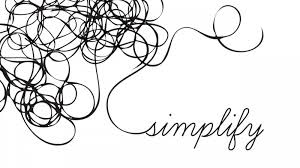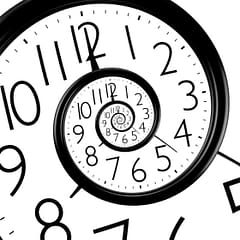Tiny Changes, Remarkable Results
/0 Comments/in Blog, High Performance Coaching, Positive Living /by Carolyn CooperLet’s talk about habits…Atomic Habits.
Atomic Habits by James Clear is a phenomenal book that came out in 2018.
Have you read it?
I’m sorry to say, I put off reading it.
Even though I kept seeing and hearing comments about how great it is, I still put it off.
Even though I purchased it, and it was on my audible app, I still put it off.
WHY?
I thought it would be like so many other similar books I’ve read:
The Slight Edge
The Compound Effect
The Power of Habit
High Performance Habits
Also great books, so I didn’t feel any hurry to read one more book in that genre for awhile.
But then…last month I did it. I began listening to Atomic Habits and couldn’t stop. In fact, I ordered the physical book, because I knew I wanted to highlight and underline so much of what I was hearing!
You may know, along with my SimplyAlign energy work, I’ve also been a Certified High Performance Coach for the past three years. I love helping my coaching clients set up habits that are doable and will help them become who they wish to become. To get clarity, I’ll often have them write a list of: “I’m the type of person who __________.”
Going along with that, author James Clear says, “The most effective way to change your habits is to focus not on what you want to achieve, but on who you wish to become.” He says identity, or the type of person we think we are, is what sustains a habit, good or bad. It’s who we think we are -the best version of ourselves that we’re stepping into.
He teaches that the four laws of behavior change are a simple set of rules we can use to build better habits and include: 1) make it obvious, 2) make it attractive, 3) make it easy, 4) make it satisfying.
Here are some of my favorite quotes from the book:
“You do not rise to the level of your goals, you fall to the level of your systems.”
“Your identity emerges out of your habits.”
“Every action you take is a vote for the type of person you wish to become.”
“You don’t have to be the victim of your environment. You can also be the architect of it.”
“With outcome-based habits, the focus is on what you want to achieve. With identity-based habits, the focus is on who you wish to become.”
“Incentives can start a habit, identity sustains a habit.”
Needless to say, I highly recommend Atomic Habits. If you haven’t read it yet, I hope you do, I think you’ll love it. And if you’ve already read it, I hope it helped you create some new habits as it did for me.
Much Love,
Carolyn
PS: In a few weeks my new Coaching Website will launch. If private or group coaching with me is something you may be interested in, then stay tuned, more information is coming soon!
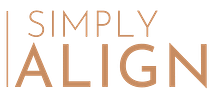


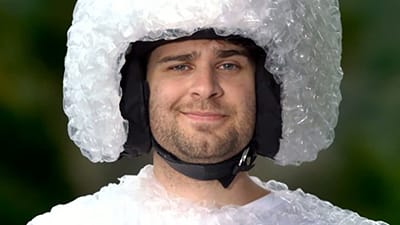
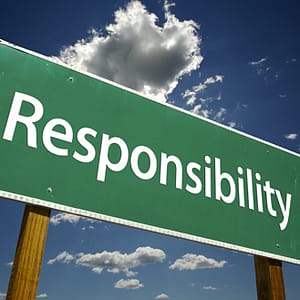 important decisions: how to spend her money, who to go out with, even what clothes to wear. Josie is anxious and depressed.
important decisions: how to spend her money, who to go out with, even what clothes to wear. Josie is anxious and depressed.

